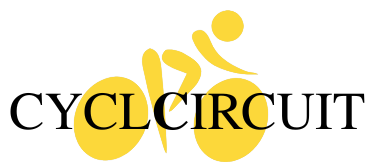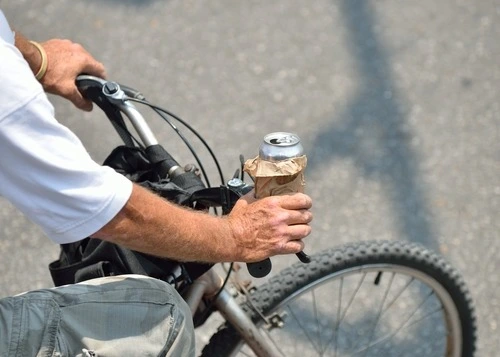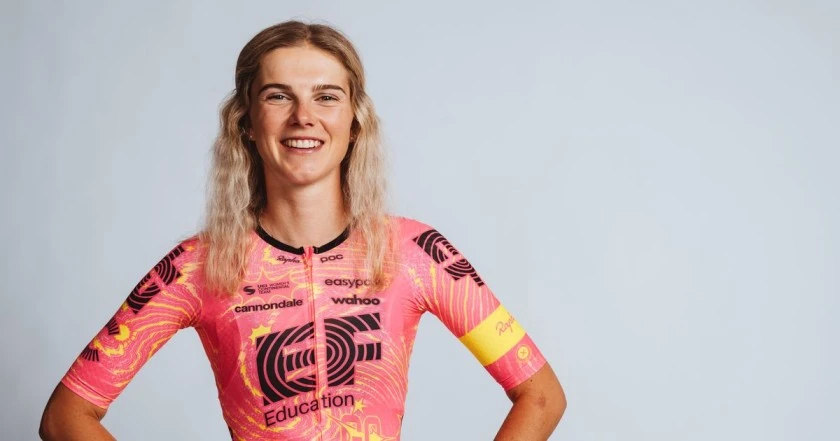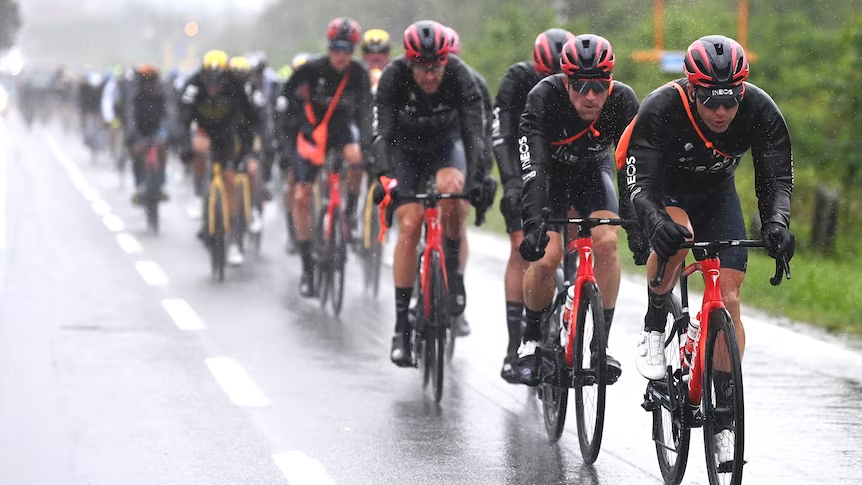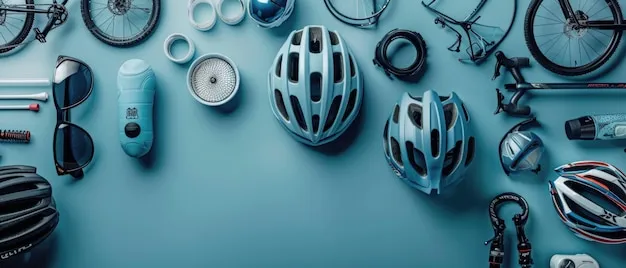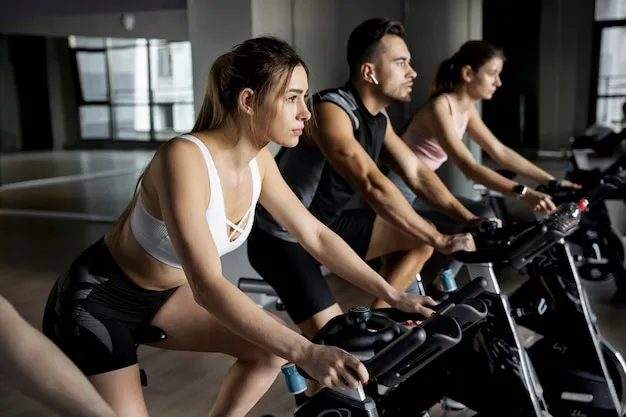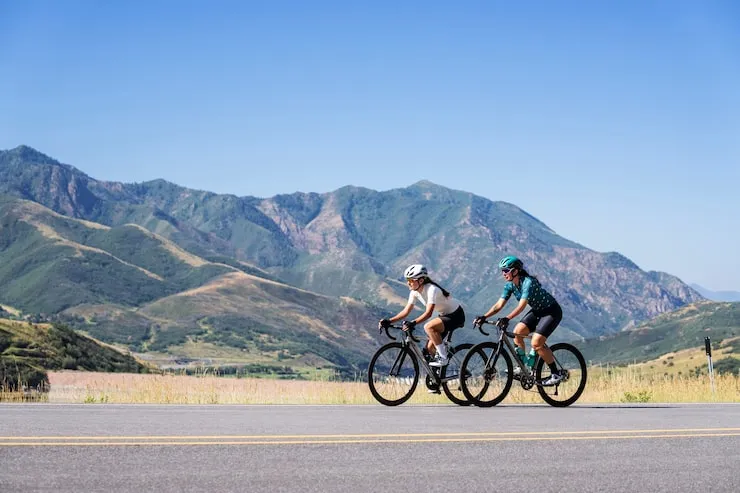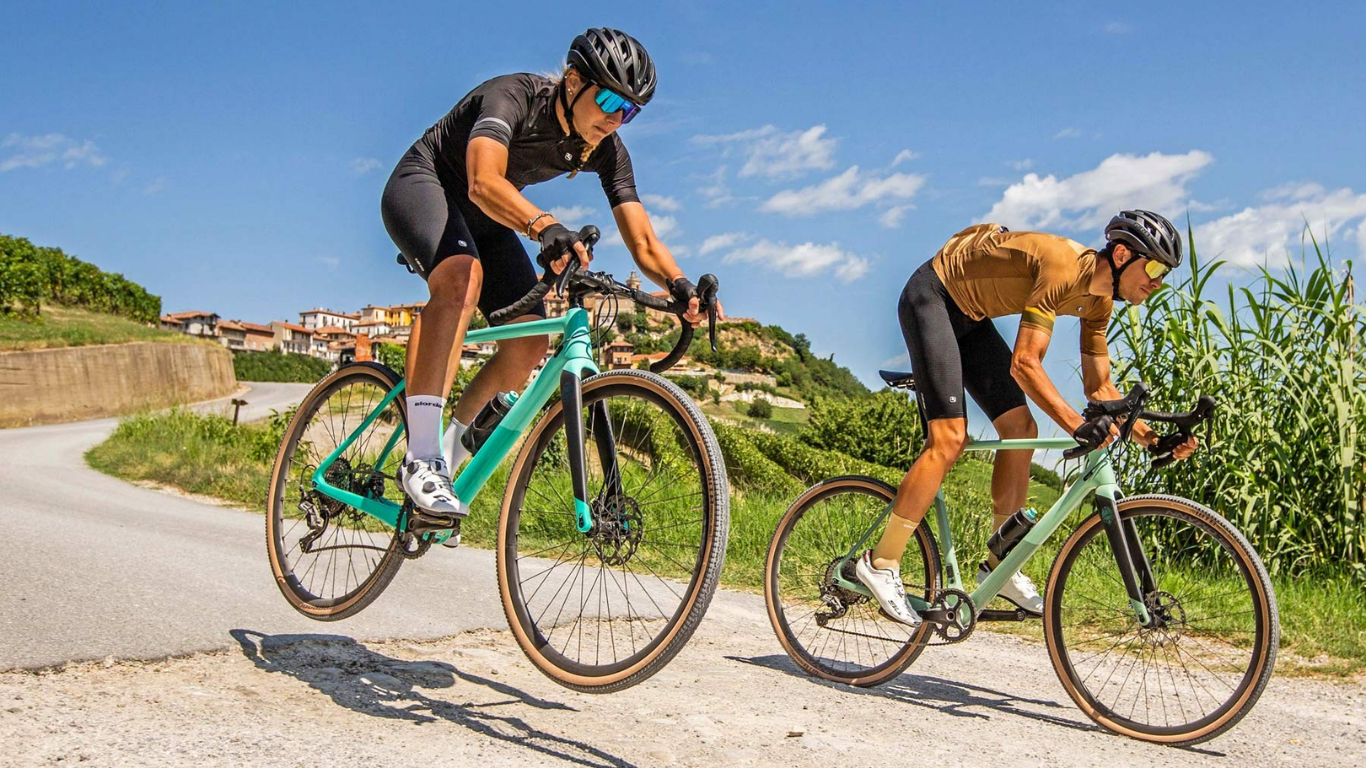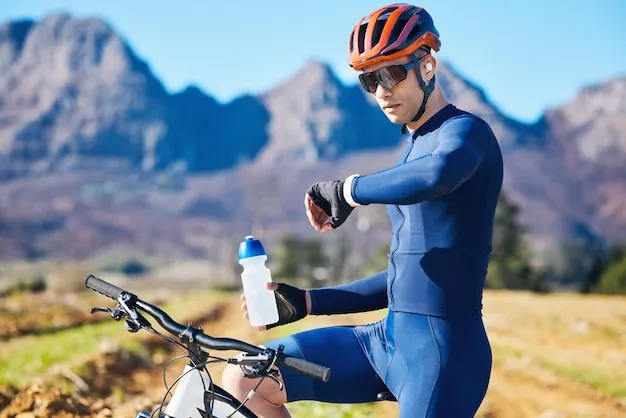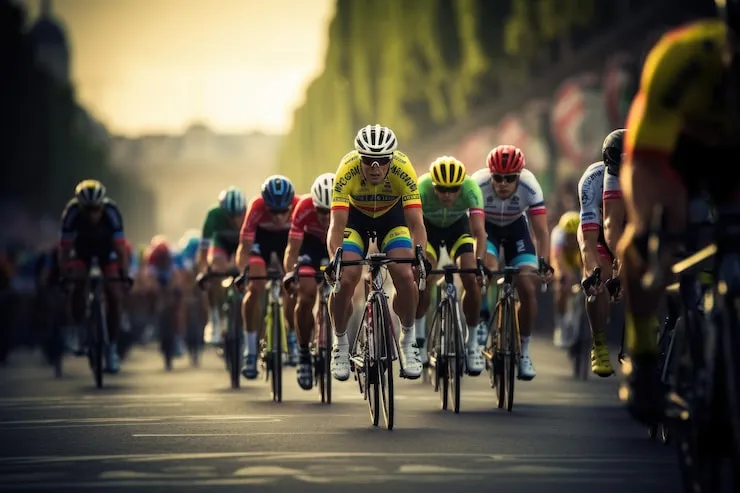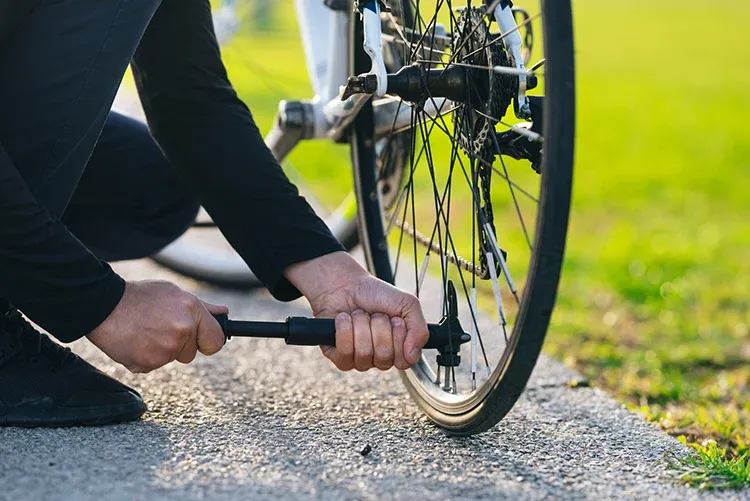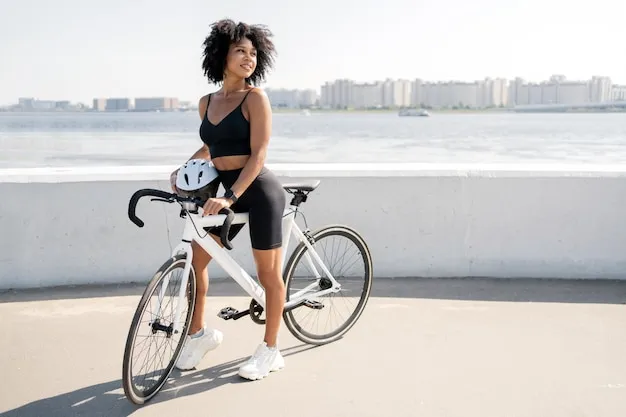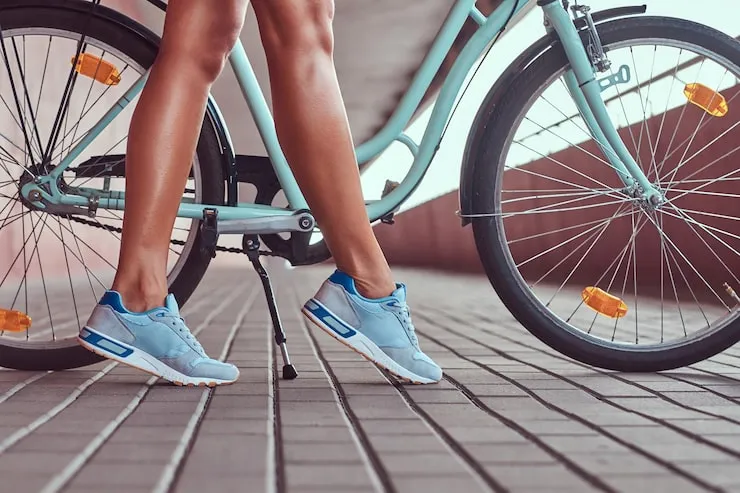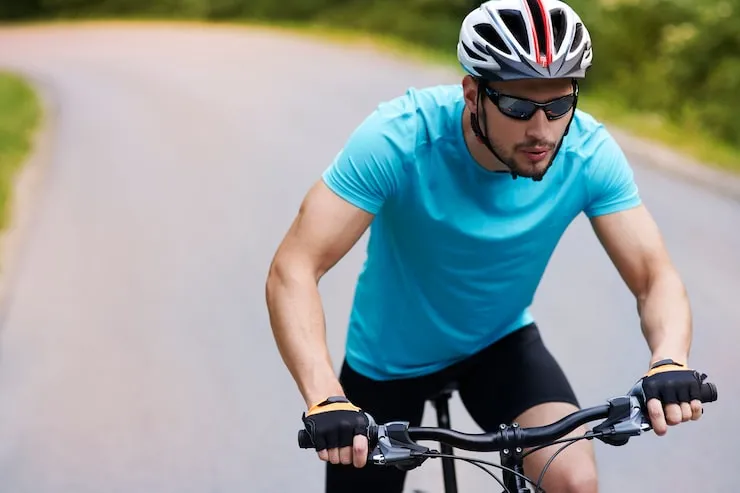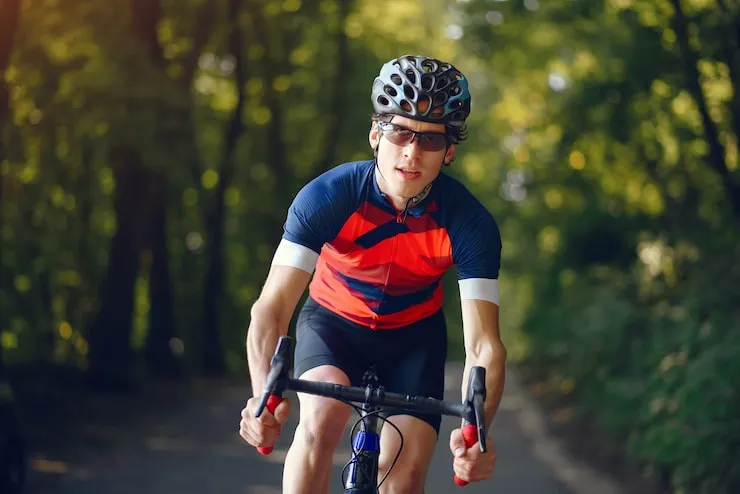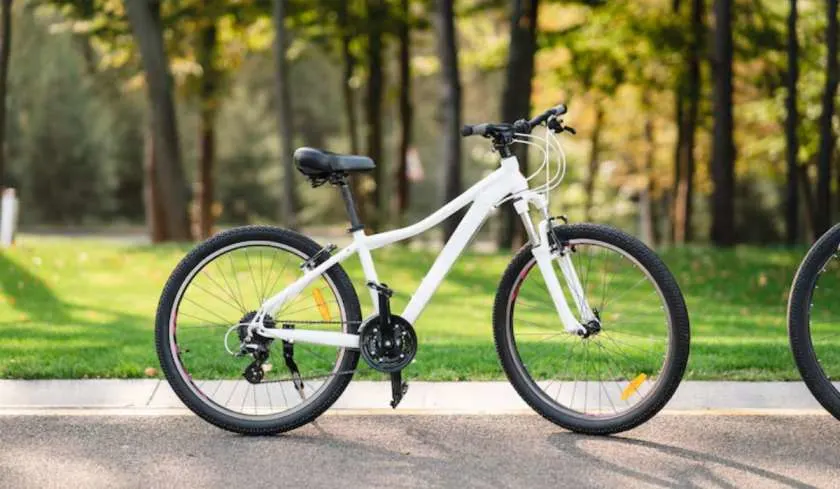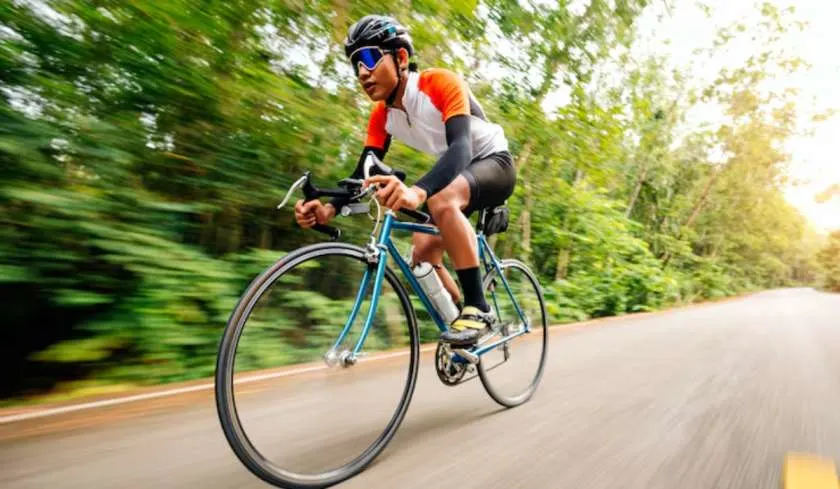By Bhawna
If you want to ride bike more and more, you also need to know what you should eat before your ride. This is important to improving your fitness. You will also improve your performance in riding. Road cycling has seen a huge growth in recent years.
Diet needs
Image source: digitinsurance.com
To support the long hours of road cycling, a nutrient rich diet is necessary. You can eat carbohydrates. Carbohydrate needs should be in congruence with training loads and timing of meals and snacks. The meals should be planned so that there is refueling, repair, and adaption. This is also because there are multiple training sessions in a day. There are also high-volume training blocks.
Frequent meals and snacks can meet energy needs. This is important when needs are high. There should also be high protein foods so that there is adaption and recovery.
Hydration needs
Image source: dreamstime.com
Road cyclists also need fluids so that fluid losses are replaced. You should adapt the fluid intake so that fluid losses that may happen due to temperature, wind, sweat rate, training intensity, duration, and altitude are not there.
You should start a session well hydrated. This requires regularly drinking water. Have fluids regularly.
It is not possible to replace fluid losses that happen during a race. Sports drinks can be helpful.
How much to eat before you ride?
Image source: 123rf.com
Fueling your body before exercise is important so that you benefit the most from exercise. The main nutrient is carbohydrate. It is stored in the muscles and liver as glycogen. The body is only able to store a small amount of carbohydrate. It has been researched that carbohydrate needs of Tour de France cyclists can vary from 8-11g per kilogram bodyweight. So, here planning is required. For recreational riders who are training at a high intensity, the daily carbohydrate needs are lesser. They have daily carbohydrate needs of 5-8g carbohydrate per kilogram weight.
Riders’ training diets also should have variety. They should have sufficient protein to support muscle repair. There should be polyunsaturated fats to reduce muscle damage. There should be vitamins and minerals to help cellular growth and repair.
The duration and intensity of training sessions are the factors to be considered for planning the fueling strategy. For example, for a weekend ride for 3 hours or below, a high carbohydrate meal the evening before is required. And then there should be a high carbohydrate breakfast. All this will be enough for the ride and the muscle glycogen levels will be sufficiently increased.
Now one of the question is that what should be the duration before the ride at which one should have the meal. So, everyone has different body capacities with regard to eating around exercise. So, you should see what would be the best for you. Generally speaking, 2-4 hours before cycling, followed by a larger meal to allow for digestion is ideal. And there should also be 30min-2hrs for a smaller snack.
What to eat: The eating options
Image source: Wikipedia.com
You should eat properly before your morning ride. This becomes even more important if it is a longer session or a high-intensity session. The carbohydrate stores in the body get quickly broken down to energy in high-intensity cycling. So, if the rider has not eaten breakfast, he cannot properly cycle.
You can eat porridge, mango smoothie, banana smoothie, pancakes, and a toast- if you are an early riser, that is, you wake up 2 hours before cycling. If you go straight out of bed, you should eat fruit cake, breakfast smoothie, breakfast bar, and breakfast muffins.
You can eat instant oatmeal. You can eat low-fiber cereal. You can eat fruits. You can have yoghurt. You can eat rice waffles. You can have a risotto. You can eat boiled potatoes. You can eat boiled vegetables. You can eat candy. You can eat rice cakes. You can have jam. You can eat sandwiches. You should eat a sugary thing if you are riding very hard for more than an hour. You can eat a salty thing when you are riding for more than three hours.
You can eat bread, muesli, rice pudding, and orange juice. You can eat quinoa. You can eat granola. You can eat bagel. You can have an energy bar. You can have peanut butter. You can have chia seeds. You can eat a rice-based dish. You can have a fruit smoothie. You can have baked potatoes. You can have creamed rice. You can have fruit cake or fruit buns.
You do not need special drinks to increase energy. The cyclists can get nutrients from ordinary foods, water, and salt.
Your muscles use sugar and fat for energy. You have an infinite amount of fat stored in your body. But the sugar starts running out after long-duration exercise. To maintain blood sugar levels, the liver keeps releasing sugar into the bloodstream. But there is only enough sugar stored in your liver for 12 hours at rest and for less than 70 minutes after intense exercise. The brain has almost no stored energy. So, the energy comes from the sugar carried to it in the bloodstream.
When liver sugar levels drop, what happens is that blood sugar levels also drop. And brain loses its main source of energy.
You should avoid excess fiber, fatty foods, spicy foods, and caffeine. You should not have coffee. You should not eat high-fat foods. You should not eat high-fiber oats and cereals. You should not eat any large meal.
You should avoid high-sugar –added foods. This is because they can cause a high rise in blood sugar. This will lead to a high rise in insulin. This will lead to a drop in blood sugar that will make you tired.
Conclusion
Image source:americanheartassociation.com
So, the body has different needs before, during, and after racing. Before racing, you should eat carbohydrates. You can eat cereals, oats, and rice. You should keep your body hydrated as there are a lot of fluid losses that take place during cycling.
